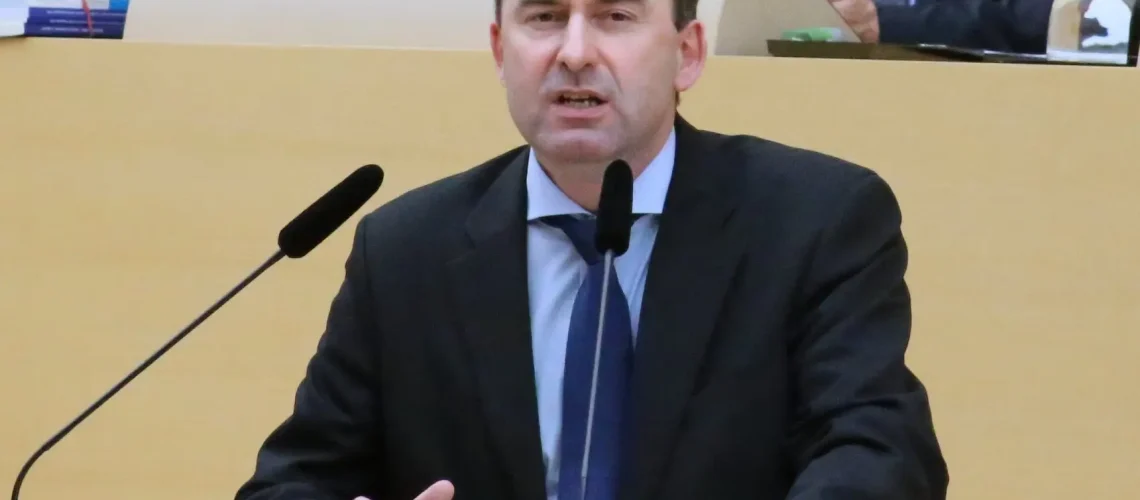Accusations and Reactions
During his time in school, Hubert Aiwanger, now a prominent figure in Bavarian politics, is said to have written an antisemitic flyer. The Süddeutsche Zeitung’s report shed light on this matter, prompting Aiwanger’s brother, Helmut, to claim authorship of the flyer, which offered a “free flight through the chimney of Auschwitz” as a “prize” for “traitors to the fatherland.” However, a teacher from Aiwanger’s former school has since come forward, revealing that he was the one who initiated the scandal by reaching out to the newspaper. The teacher, who preferred to remain anonymous, cited Aiwanger’s controversial speech in Erding as the catalyst for his concerns.
Critique on Multiple Fronts
The accusations against Aiwanger have not only sparked discussions about his past but also shed light on the role of the media in shaping public opinion. Some could argue that the timing of the publication, just before the state elections, raises suspicions of political manipulation. This sentiment is amplified by the newspaper’s leaning towards a more centrist-left perspective.
Personal Reflections
I can relate to the idea that people change over the years, and past actions might not reflect their current beliefs. During my school days, I, too, engaged in some regrettable actions like spray-painting illegal graffiti. However, it’s essential to acknowledge personal growth and evolving opinions on political matters. While I don’t condone Aiwanger’s alleged actions, I believe in the capacity for change. Nonetheless, Aiwanger should unequivocally distance himself from any past wrongdoing and views.
Unanswered Questions
The timing of this revelation raises significant questions. Why was this brought to light just before the Bavarian state elections? Furthermore, the Süddeutsche Zeitung’s centrist-left leaning invites speculation about potential motivations behind its coverage. Could this be an attempt to weaken a substantial portion of Bavarian leadership? Both political mainstream parties, the CSU and SPD would benefit from the Free Voters party, led by Aiwanger, losing support. Is it possible that a major media outlet is trying to manipulate public opinion for political gain? Curiously, amidst the debates, nobody seems to be addressing the pressing issue of the timing of the disclosure.
Conclusion
The allegations against Hubert Aiwanger have ignited a debate that extends beyond his school days. The role of the media in shaping public perception, along with the timing of such revelations, are subjects that warrant further exploration. As the Bavarian state elections draw closer, the impact of this controversy on the political landscape remains uncertain, leaving us to ponder the intricacies of the media’s influence on public sentiment.
Titlephoto: Foto: Michael Lucan (via Wikipedia)






